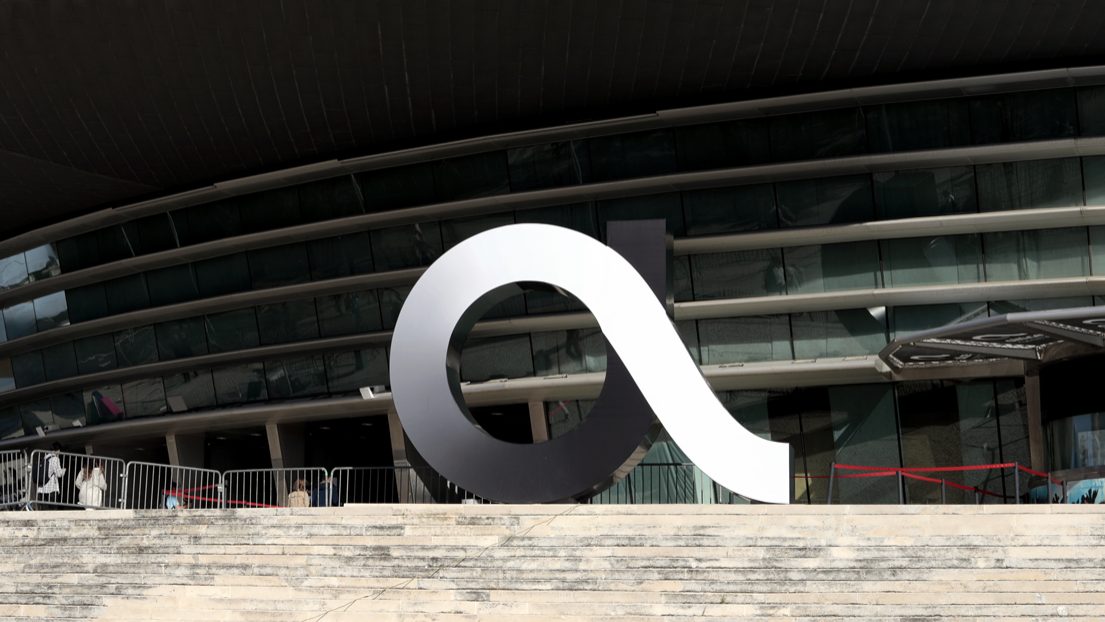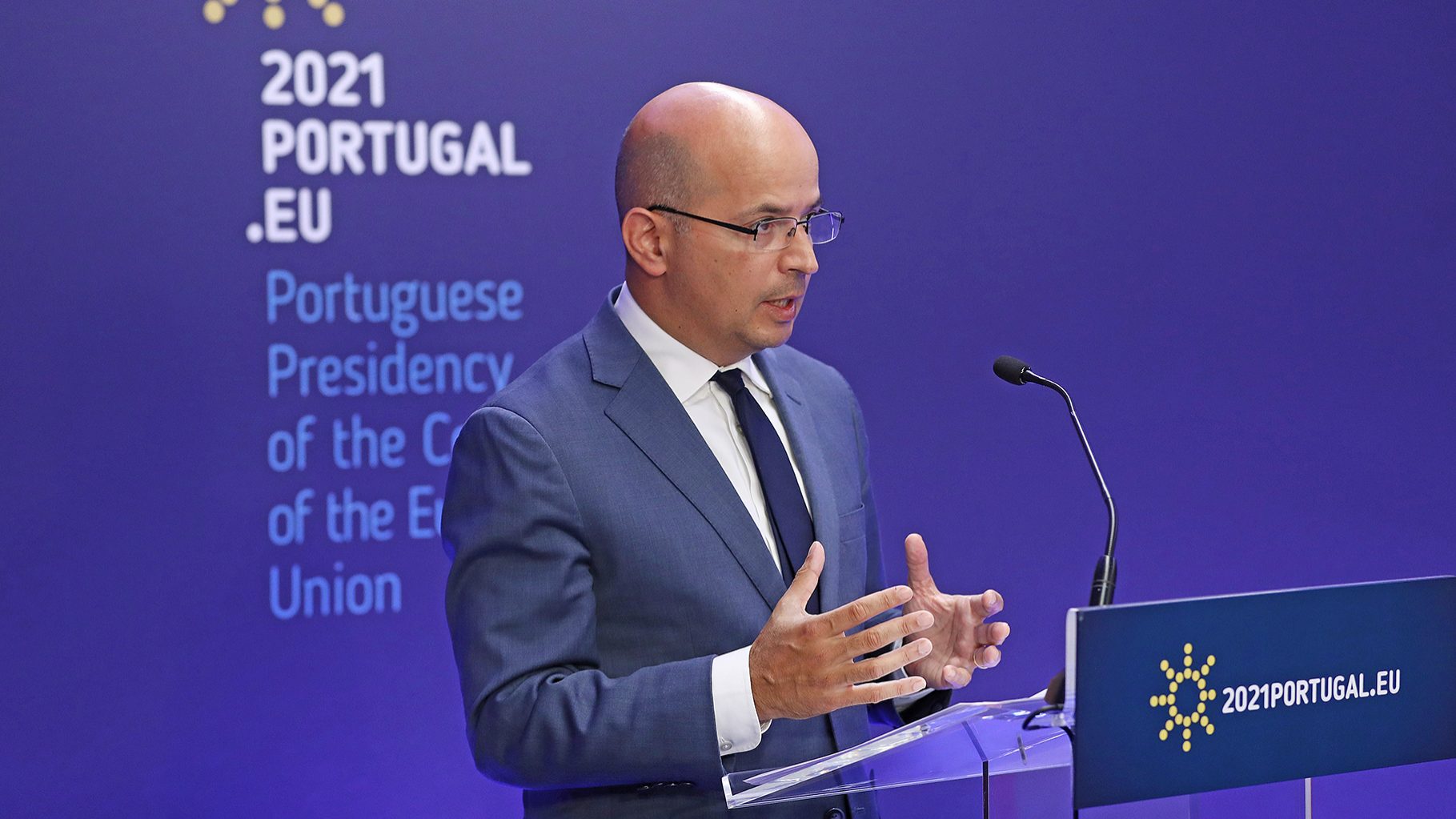SURE: Portugal has spent less than what was granted
Portugal is among the countries that have spent the most on health under SURE. The authorities have already submitted further measures to be financed by this European mechanism.
Portugal has still not spent all of what was initially granted through SURE, a mechanism created by the European Union to support member states in maintaining jobs during the pandemic. However, it has already submitted measures to the European Commission that should absorb the full amount.
“The absorption level of the financial assistance granted under SURE appears to be high for the vast majority of Member States,” reveals the Commission’s second report on the impact of this mechanism in Europe, but Portugal is an exception to the rule. Together with Romania and Cyprus, it shows public expenditure on approved measures that is “lower than the amount granted under SURE”.
Despite this trend, the Portuguese national authorities have already identified “additional measures, which the Commission will assess in due course, that are expected to absorb the full amount granted to the Member State.”
Regarding the measures that have already been covered by this mechanism, Portugal is among the countries that have spent the most on health. Even so, over half of the expenditure that the government has already spent on SURE-eligible measures relates to working time reduction schemes (including lay-offs, for example), and other wage-related measures.
Most Member States have invested in these types of schemes, which are essentially public programmes that allow companies in difficulties to temporarily reduce the number of hours worked per week, while providing employees with state aid for hours not worked. The Commission thus expects that more than half of the total public expenditure supported by SURE will be spent on these schemes.
In the European Commission’s report, the findings point out that SURE has “been successful in cushioning the severe socio-economic impact resulting from the COVID-19 pandemic”, with estimates indicating that the measures implemented have reduced unemployment.
“The figures speak for themselves: 1.5 million fewer unemployed, 31 million workers and 2.5 million firms supported, and more than €8 billion in interest savings,” signalled Paolo Gentiloni, Commissioner for the Economy, quoted in a statement.


